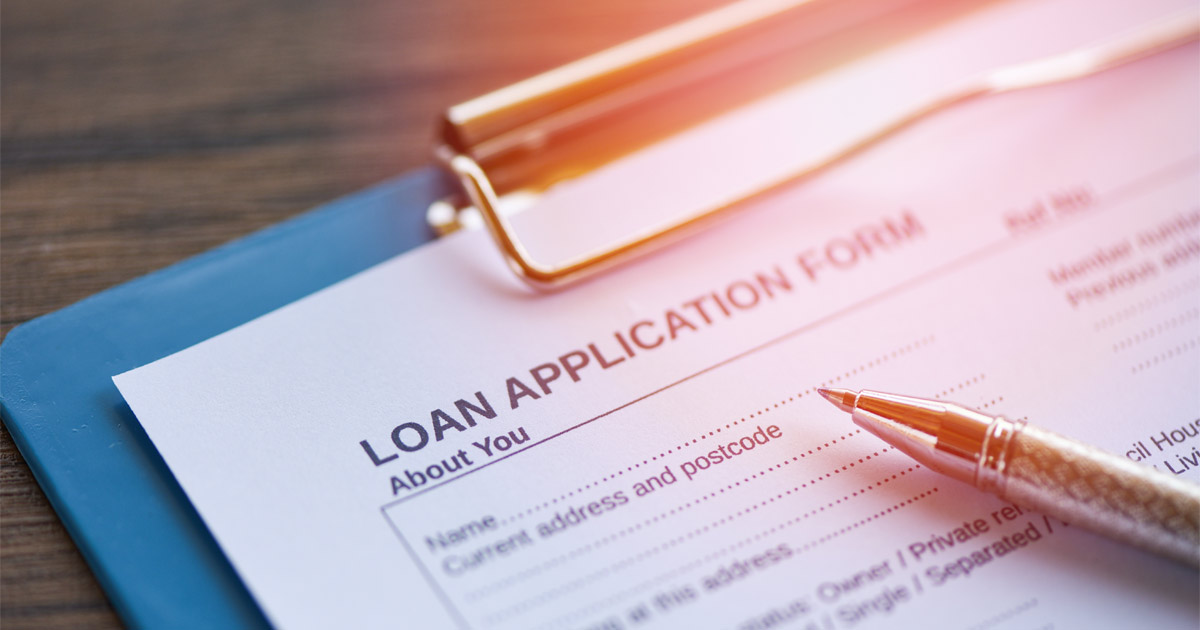Expansion of Paycheck Protection Program Offers Help for Small Businesses

The Paycheck Protection Program (“PPP”) initially set aside nearly $350 billion in government-backed forgivable loans to help small businesses stay afloat during the COVID-19 pandemic. The loans were made available to small businesses in operation on February 15, 2020 with fewer than 500 employees. In addition, 501(c)(3) non-profits with fewer than 500 workers and other types of organizations are also eligible. To apply, businesses must work through a bank with which they have a relationship and the bank must be a lender approved by the Small Business Administration (“SBA”).
Studies suggest that 80 percent of small businesses in America missed out on the first round of funding because the money was quickly depleted. At least $310 billion in additional funding has now been approved. However, small businesses still face hurdles in applying for the loans, as well as providing proof that they are spending it within prescribed guidelines for the loans to be forgiven.
Small Businesses Face Challenges in Obtaining PPP Loans
Some of the difficulties faced by small businesses applying for the first round of PPP loans include the following:
- Many banks were overwhelmed by the initial demand
- Larger banks tended to take care of their biggest clients first
- Many small businesses did not have a prior relationship with a lending bank
In addition to allocating the additional $310 billion for PPP loans, a significant portion of that money has been set aside for smaller banks, including community-based lenders and credit unions. The goal is to reach smaller businesses, however, many of them still lack a relationship with a lender. One option is to work with a law firm that can facilitate a relationship.
Meeting PPP Loan Requirements
Some businesses applied for a loan but have not yet received the money. If you are a small business waiting for a PPP loan, do not submit a second application if you already applied. If you applied for a loan and received the money, you must meet the following requirements in order for the money to turn into a grant:
- You must spend all of the money within eight weeks of depositing it into your business bank account
- You must allocate 75 percent of the money to cover payroll costs
- The money cannot be used retroactively to pay past debts
If you cannot meet these and other requirements, you will have to pay the money back within two years at one percent interest. Unfortunately, some small businesses are having difficulty meeting the 75 percent threshold because their workers chose to go on unemployment. Businesses are allowed to give their workers raises or bonuses simply to qualify for the 75 percent payroll threshold, as long as each worker makes less than $100,000 on an annualized basis.
In addition to PPP loans, the SBA also administers the Economic Injury Disaster Loan (EIDL) program. Businesses with 500 or less employees may be eligible if they can show that they were affected by a disaster, such as the COVID-19 pandemic. However, EIDL loans are not forgivable.
Philadelphia Business Lawyers at Sidkoff, Pincus & Green P.C. Help Small Businesses During the Pandemic
If you are a small business owner impacted by the COVID-19 pandemic and are seeking a loan, the Philadelphia business lawyers at Sidkoff, Pincus & Green P.C. offer trusted legal guidance to help you pursue the best possible course of action. Contact us for an initial consultation by filling out our online form or call us at 215-574-0600. We assist clients throughout Pennsylvania and New Jersey from our office in Philadelphia.















